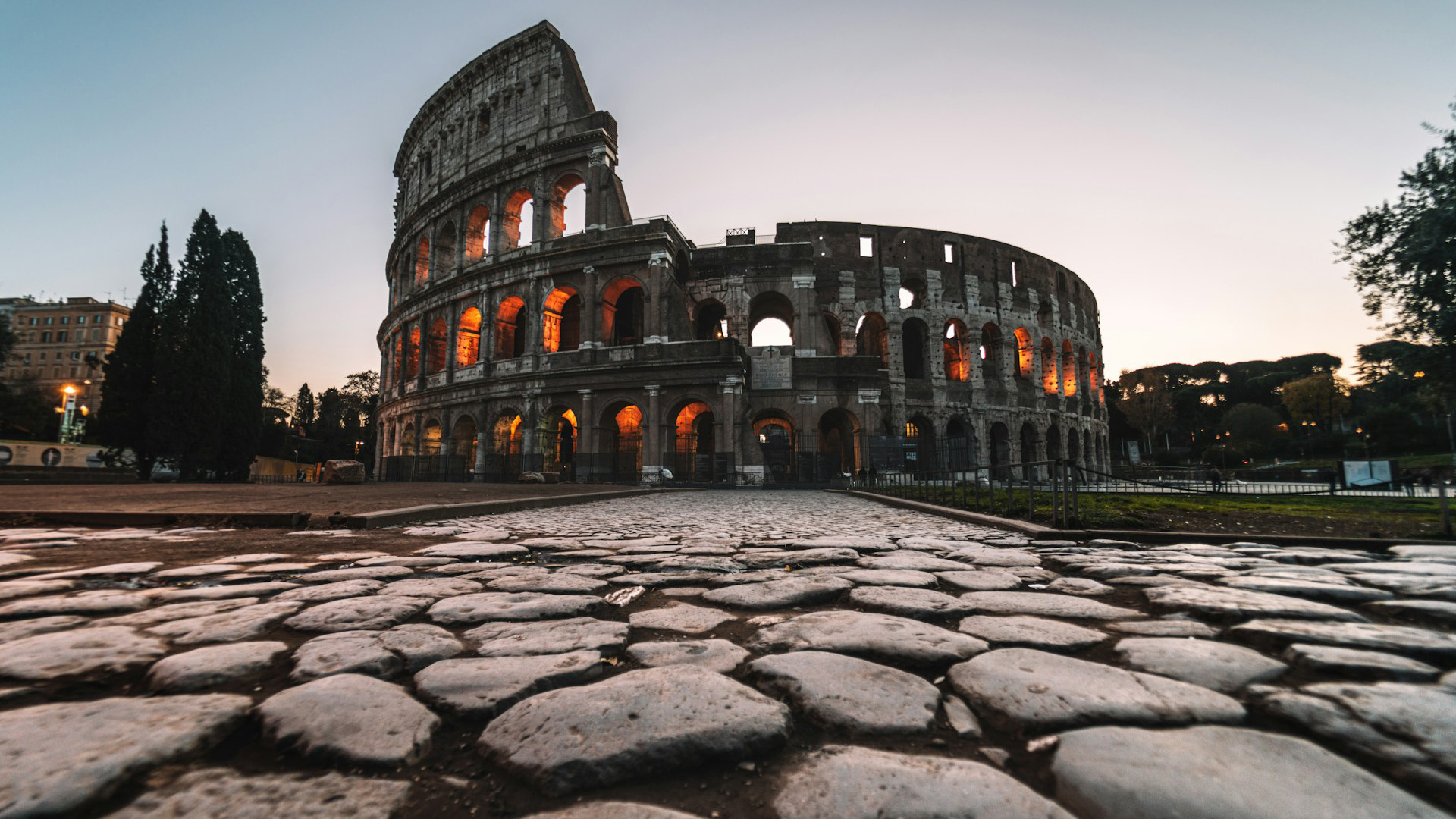The Mission Continues
If you’re following along with our bible reading plan (and I encourage you to!), tomorrow, we wrap up the book of Acts. As we started Acts, I mentioned that Acts 1:8 (“…you will be my witnesses in Jerusalem, Judea and Samaria, and to the ends of the earth”) functions as a sort of table of contents for the book (as it starts in Jerusalem, goes to Judea and then Samaria, and ends in Rome as ‘the ends of the earth’) – but as I said in this week’s bible video, I would have been wrong about that. As New Testament scholar, Ben Witherington, reminds us: Rome was not the ‘ends of the earth’- it was the center of the world! And that means that,
though the book of Acts is complete, the mission is not.
And you also might notice that Acts ends sort of abruptly with regards to the life of Paul. At this point, Peter has already disappeared from the story without a word, as has all of the other apostles, and the story has become about Paul. We might expect to get a conclusion to Paul’s story (i.e., does he die in Rome? Does he get freed from prison and do further missionary journeys? Does he retire to Florida?) – but we don’t get it.
Again, let Ben Witherington shed light on it for us:
“The ending of the book of Acts makes it clear that Luke’s purpose wasn’t simply to chronicle the life and death of Paul, but rather the rise and spread of the gospel and of the social and religious movement to which it gave birth. Luke has provided a theological history that traces the spread of the good news from Jerusalem to Rome, from the eastern edge of the Roman Empire into its very heart. Rome was not seen in Luke’s day as the edge of the known world, and so the reader would know very well that Jesus’ mission to spread the gospel to the ends of the earth (Acts 1:8) was still ongoing in his own day. However, for Luke it was critical and symbolic that the message reach the heart and hub of the Empire, as a challenge to Caesar and a gateway into to the ends of the earth.
The open-endedness that the modern reader senses in the ending of Acts is intentional. Luke is chronicling not the life and times of Paul (or any other early Christian leader), which would have a definite conclusion, but rather a phenomenon and movement that was continuing and alive and well in his own day. For Luke, Paul’s story is really… about the unstoppable Word of God, which no obstacle, no shipwreck, no snake-bite, and no Roman authorities could hinder from reaching the heart of the empire and the hearts of those who lived there.”
— Adapted from Ben Witherington III, The Acts of the Apostles: A Socio-Rhetorical Commentary (Grand Rapids, MI: Wm. B. Eerdmans Publishing Co., 1998), 809.
Did you catch that?
Acts is about “the unstoppable Word of God” going into the heart of the empire, the hearts of men and women, and then to the ends of the earth.
And we – you and I – are called to be a part of that ongoing story today.
This is the mission, and we participate in it as we love our neighbors – and our enemies, forgive those who have wronged us, stand up for those who can’t for themselves, heal the sick, release those who are trapped, speak the truth to power, give generously, welcome the outsider, share the good news of Jesus, and on and on.
We participate in it as we, like a mustard tree, create a place – a home – for people with God.
Each of us are called – in our own time and place, in our own way, with our own gifts, experiences, and weaknesses – to bear witness to Christ as our risen Lord, giver of life, and savior.
Acts is completed, but movement of God is not.
The mission continues.
The exciting invitation of Jesus to this church, and the Church, is to get on board with it!


